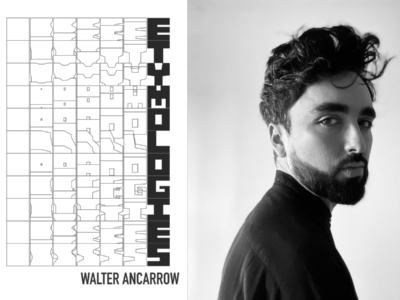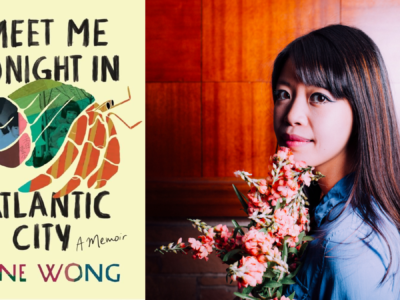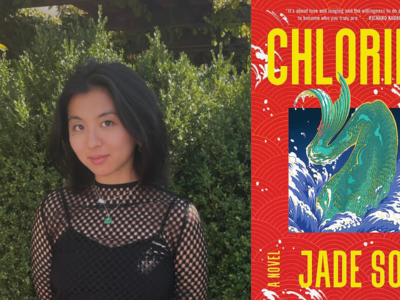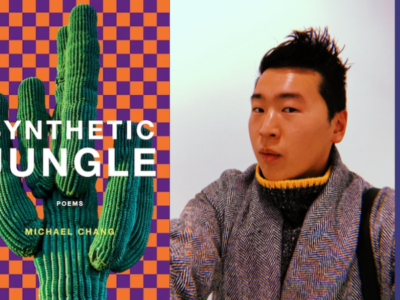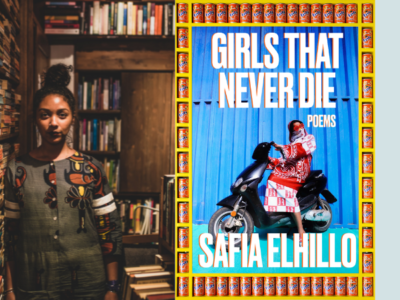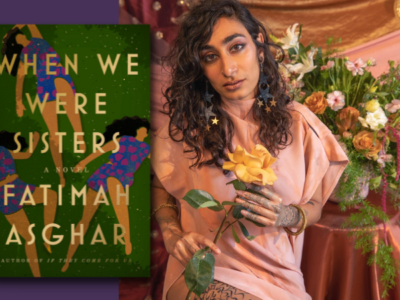“Freedom from Relevancy”: Walter Ancarrow interviewed by Samantha Neugebauer
Etymologies, Ancarrow's first collection of poetry, is a sort of reference work. It reminds me of David Bowie's comment: "Don't you love the Oxford Dictionary? When I first read it, I thought it was a really really long poem about everything." Etymologies is not long, but it might be about everything; in particular, it might, in looking at the origins of the words we use to describe ourselves, be about our own origins—or our inability to know them.
Play, Rigor, and “Too Many Pearls”: Jane Wong interviewed by Ally Ang
Meet Me Tonight in Atlantic City, Jane Wong’s tender and fierce debut memoir, uses poetic lyricism and humor to create a living archive of her family history and a love letter to the mother who raised her and the communities that sustain her.
On Artmaking, Reading as Craft, and Chlorine: Jade Song interviewed by JoAnna Mak
I met Jade Song in 2020 through a writing group, not long after they’d started writing their debut novel, Chlorine. In alternating accounts between Ren, a competitive high school swimmer, and Cathy, her best friend, the novel puts the dark horrors of adolescence into sharp focus – with freedom only made possible through a life in the water. Imaginative, bold, and defiant, Chlorine is as mythical as it is unapologetically honest.
“I try to be forthright”: Interview with Michael Chang
With their recent tap to edit Lambda Literary’s Emerge anthology, and timely receipt of the Poetry Project’s Brannan Prize, Fence editor and poet Michael Chang’s influence on this decade has begun. Writer Zachary Issenberg sits down with Chang to talk process and literary inspiration.
“I move like a poet in my entire life”: An Interview with Safia Elhillo
A conversation with poet Safia Elhillio about her subversive collection, her poetic origin story, and her neverending search for the perfect poem.
Evolving Alongside Your Art: An Interview with Fatimah Asghar
"Artmaking is the process of evolving. If you allow yourself to really let the art flow through you in the way that you need it to, you will then allow yourself to be changed by the art, rather than trying to impose your will over the art."

